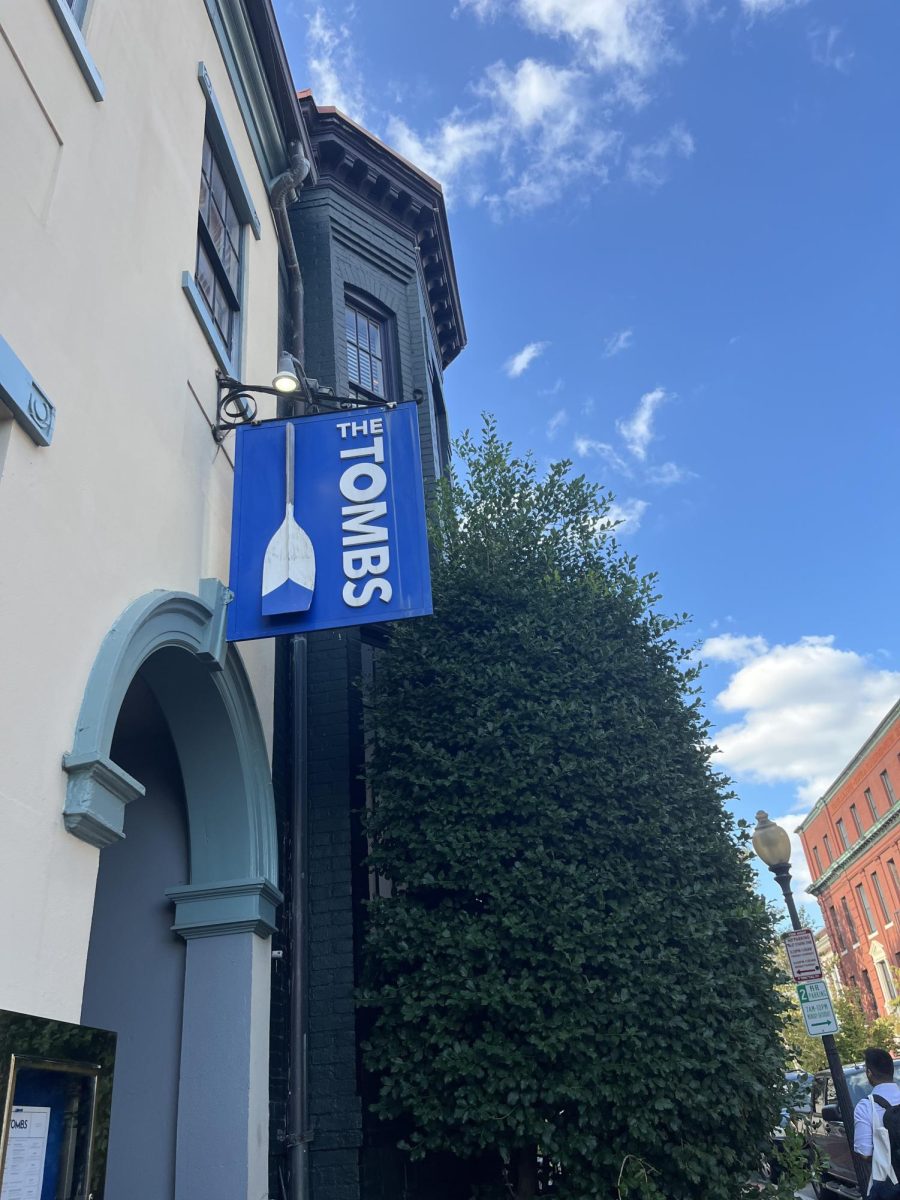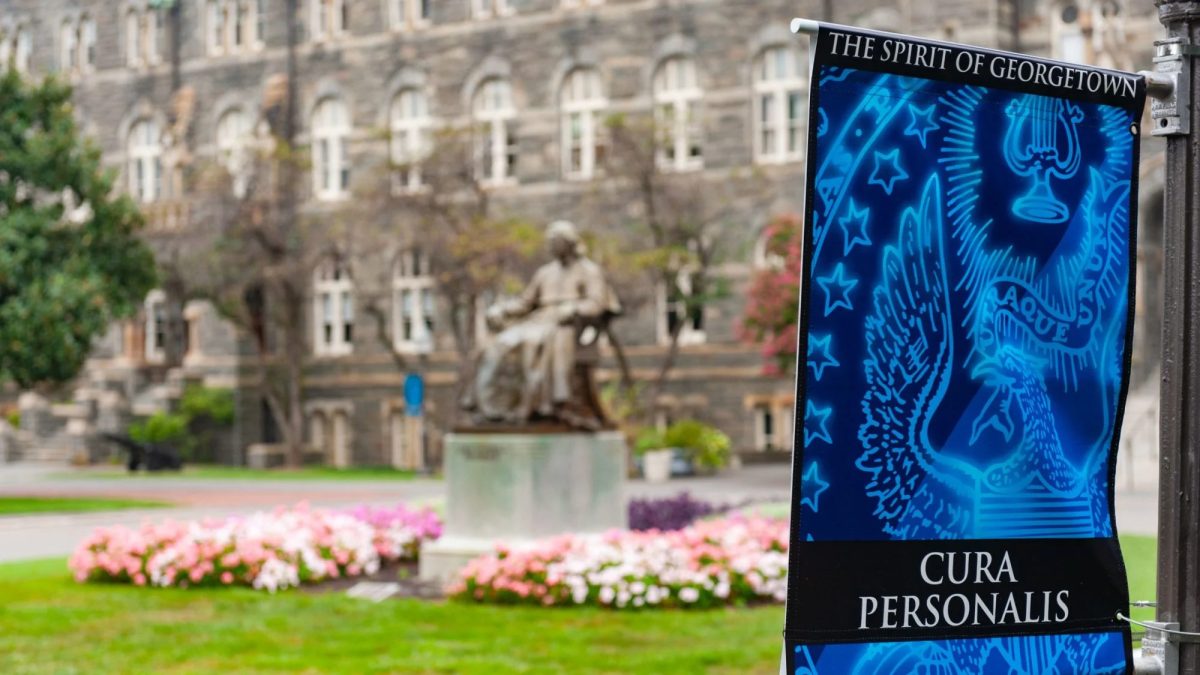The Georgetown University Student Association (GUSA) Senate passed three pieces of legislation aimed at promoting transparency in Georgetown University’s investments and academic affairs at its Jan. 26 meeting.
Senators passed a non-binding resolution calling on the university to publicly disclose the recipients of its endowment, including both public investments and privately held funds. The senate also approved measures that would make class syllabuses available to students prior to registration and create an award for the senate to confer upon distinguished students.
According to Vice Speaker Meriam Ahmad (SFS ’26), the university invests 90% of its endowment, which stands at $3.6 billion as of 2024, indirectly into private equity and hedge funds, while it invests the remaining 10% into publicly visible assets.

Ahmad, who sponsored the bill, said these third-party investments of the endowment funds are not subject to the university’s Socially Responsible Investing Policy (SRI Policy), which the board of directors established in 2017 to ensure endowment funds are used to promote social justice and environmental protection.
“This is something that Georgetown even has stated, that the third-party investments are not subject to the SRI policy,” Ahmad said at the meeting. “And so that is the reason that we are calling in this bill for transparency in those 90% holdings, as well as the SRI policy to apply to those 90% holdings.”
Ahmad added that passing the legislation was crucial to fully inform the Committee on Investments and Social Responsibility (CISR), an advisory committee responsible for providing guidance on the SRI Policy.
“We think that they are likely meeting early February, which is in a week or two, which is the reason that this bill is being brought up today, because if it’s not brought up, it’s not clear when the next chance to act on it will be,” Ahmad said.
The senate also passed a bill urging the university to publish course syllabuses under the Course Evaluation Records and on GUExperience, a website used to manage course registration and other student information. The bill advocates for the Course Evaluation Record database, which compiles student feedback from course evaluation forms over multiple years, to be publicized more intentionally.
Senator Evan Cornell (CAS ’27), who introduced the bill, said it will work to better inform students about course content before enrollment.
“Sometimes we’re able to text friends and get course syllabi from past semesters, sometimes we get lucky and in the little syllabus section there is actually a syllabus linked on the professor’s Georgetown360 profile,” Cornell said at the meeting. “This is a move to make course syllabi accessible for us students as we go to register for classes.”
Sam Lovell (CAS ’25), who introduced the meeting’s final passed bill, said the initiative proposed will allow the GUSA Senate to award students for their notable service contributions to the Georgetown community.
“The bill here that I’ve suggested is a way to provide GUSA a method to recognize people with a certificate,” Lovell said at the meeting. “Particularly in mind I have students who might engage in activism that we might find appropriate to recognize but the university is unlikely to recognize themselves.”
Under the bill’s provisions, each award will require two-thirds support from the senate for the awardee to be recognized.
A fourth bill introduced failed but would have required senators on the Policy and Advocacy Committee (PAC), which votes on all policy bills before they move to the full senate, to introduce at least one piece of legislation per session. The senate tabled the remaining seven pieces of legislation until their next meeting.
Ahmad said she looks forward to reworking the failed PAC bill and reintroducing it in a future meeting.
“I think it was a very different split than usual and I appreciate everyone giving their feedback about that, and we are a committee that listens,” Ahmad said.



















